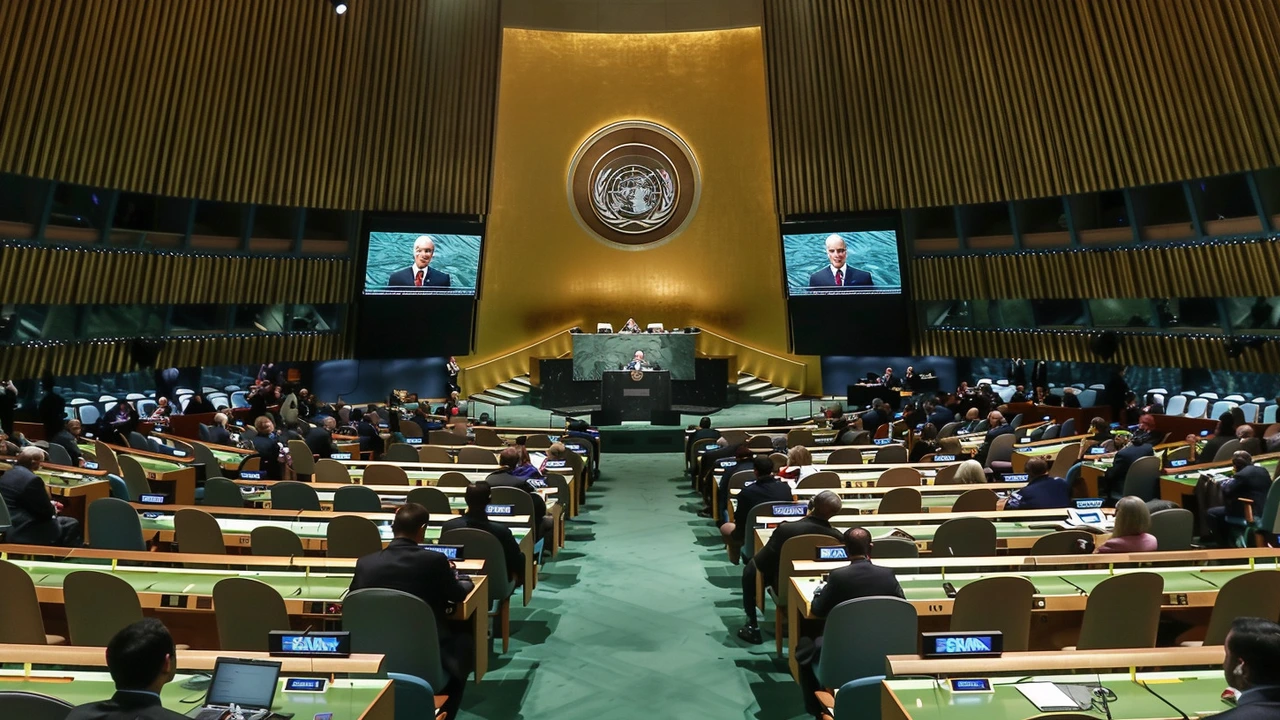Gaza crisis — What to know now
The Gaza crisis is a fast-moving conflict with heavy civilian impact and regional consequences. People across Africa and around the world are watching because events there affect politics, aid flows, and refugee paths that touch many countries. If you want clear facts without noise, focus on verified sources, recent timelines, and humanitarian updates.
What's happening and who is involved
Fighting has intensified between Israeli forces and Hamas-linked groups inside Gaza after a major attack that sparked wide military operations. Israel says it seeks to destroy militant infrastructure and stop rocket fire; Gaza authorities report mass displacement, casualties, and collapsing services. Neighboring states like Egypt and Lebanon are dealing with border pressures and political fallout, while global powers push for ceasefires, evacuations, or more force depending on their stance. Key things to track: casualty figures, access to hospitals and clean water, border crossings, and any changes to air and sea access.
Humanitarian impact and practical concerns
Hospitals in Gaza report shortages of medicine, fuel, and staff, forcing difficult decisions about care. Families face power cuts, food shortages, and limited clean water, which raises the risk of disease outbreaks. Refugee movements can strain services in nearby African and Middle Eastern countries, so expect diplomatic discussions and emergency aid appeals. For citizens of African countries in the region: check your government travel advice, register with your embassy, and follow evacuation guidance when offered.
How to follow the crisis without getting misled: Eyewitness videos spread fast but can be old, edited, or taken from other conflicts. Rely on respected international outlets, verified social media accounts from emergency agencies, and official NGO reports for humanitarian numbers. Use tools like reverse image search if a video or photo seems suspicious. Watch for repeated claims that lack sourcing, and avoid sharing unverified material that could inflame tensions.
What you can do now: Donate to established humanitarian groups working in Gaza and neighboring areas — look for organizations with transparent records and local partnerships. Support charities that provide medical supplies, clean water, and shelter. Contact your elected officials if you want your government to prioritize humanitarian corridors or refugee support. Finally, keep conversations calm: misinformation spreads fastest when people exchange hot takes without checking facts.
Staying informed on Patio Pulse: We’ll update Gaza coverage with verified reports that matter to African readers: refugee routes, diplomatic moves by African states, and regional aid responses. Bookmark our Gaza crisis tag for ongoing updates, and sign up for alerts if you want short headlines by email or mobile. If you have verified information from the ground, send it to our tip line — first-hand details help others understand how this crisis affects Africa.
If following this crisis stresses you, limit news time, follow a few trusted outlets, and talk with friends. Support local community groups helping refugees, and check charities for transparent fees before donating. Small actions—sharing verified updates, hosting a fundraiser, or offering language help—make a real difference for people affected by the Gaza crisis today.

UN Assembly Urges Security Council to Discuss Palestine’s Bid for Full Membership Amid Gaza Crisis
Keabetswe Monyake May 11 7Amidst the ongoing Gaza crisis, the UN General Assembly has called on the Security Council to consider Palestine's request for full membership. The assembly emphasized the urgent need for a ceasefire and stressed the importance of dialogue in resolving the Israel-Palestine conflict.
More Detail